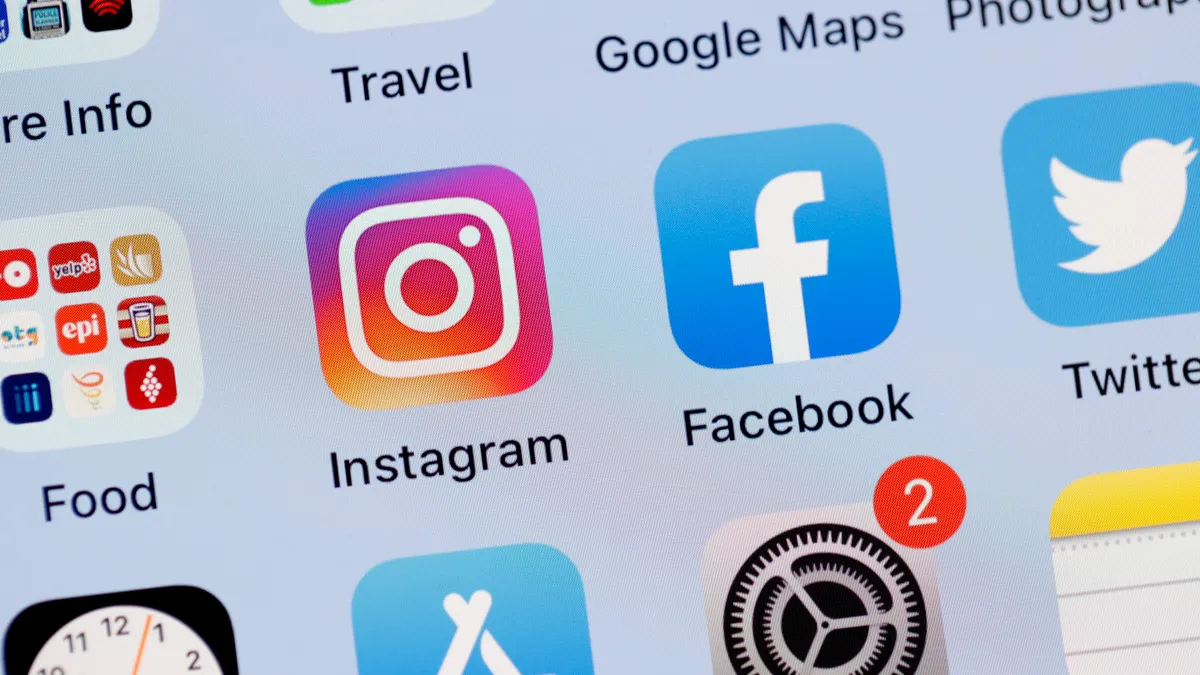The U.S. Supreme Court delivered its opinion in March on a case that sets some precedent for how government employees can use social media accounts to interact with the public.
The case, Lindke v. Freed, originated in Port Huron, Michigan, where resident Kevin Lindke sued City Manager James Freed, alleging that Freed violated the First Amendment by blocking and deleting Facebook comments Lindke made critiquing the city’s approach to the COVID-19 pandemic.
Freed blocked Lindke from commenting on his account, which he started in 2008 for purely personal use but converted to a public page in 2014 when he became city manager. From 2014 on, Freed used the account for both purposes, posting about his life and family in addition to city-related news and information.
That dual use is what led the high court to agree with the 6th U.S. Circuit Court of Appeals, which ruled in Freed’s favor. The Supreme Court said that a public official who prevents comments or blocks someone is only infringing upon that person’s First Amendment right if the official used and exercised his authority to speak on the State’s behalf in the relevant social-media posts.
Because Freed’s account was not an official city page and he was not posting on official business, the Supreme Court ruled that Freed had the right to “exercise editorial control” by deleting comments or blocking users from commenting.
Julie Tappendorf, an equity partner at Ancel Glink whose practice focuses on local government matters, said in a webinar held by the National League of Cities on April 22 that the ruling should encourage cities to examine how they and their employees use social media.
It’s also an important reminder that government employees are also residents of their cities, Tappendorf said — likely very involved ones who will naturally want to comment on and engage with city issues.
“You don't shed your own First Amendment rights when you become a government official or a government employee,” Tappendorf said.
Her advice to government employees is to consider operating separate pages — a personal page, a campaign page if running for office and an official page once holding a government position.
Tappendorf cited three reasons for this guidance. Government employees don’t want to raise legal questions about whether they have the authority to speak on the state’s behalf, as in Freed’s case. With a personal account, they can keep personal information private and block whomever they please. Separate accounts also keep family and friends away from the spotlight, where they are more likely to be subjected to criticism.
If just one account is active for personal and professional use, Tappendorf recommended following the advice laid out by the SCOTUS opinion. Posting disclaimers that the social media page is a personal page and not an official government page would be “entitled to heavy (though not irrebuttable) presumption” that the posts are not official government communications, she said.
“I would advise [government officials] to be extremely cautious in using the block and ban unless it's a purely personal page,” she said.











